
Today, it is of utmost relevance to study people’s attitudes, motives, and behaviours in relation to the fact that we live in a culture of surveillance. This includes the need for cultural and ethical perspectives to understand and nuance contemporary discussions on surveillance, not least in the highly digitalised context of the Nordic countries.
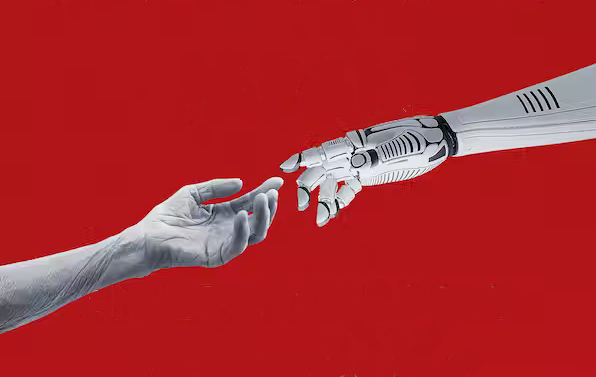
Robots Won't Save Japan addresses the Japanese government's efforts to develop care robots in response to the challenges of an aging population, rising demand for eldercare, and a critical shortage of care workers.

A new area called "human-centered machine learning" (HCML) promises to balance technological possibilities with human needs and values. However, there are no unifying guidelines on what "human-centered" means, nor how HCML research and practice should be conducted.
This article by Stevie Chancellor in Communications of the ACM draws on the interdisciplinary history of human-centered thinking, HCI, AI, and science and technology studies to propose best practices for HCML.

This report by the IndustryLab of Ericsson, the Swedish multinational, aims to introduce the ethics of AI and explore how this fast-growing technology needs to align with humans’ moral and ethical principles if it is to be embraced by society at large.
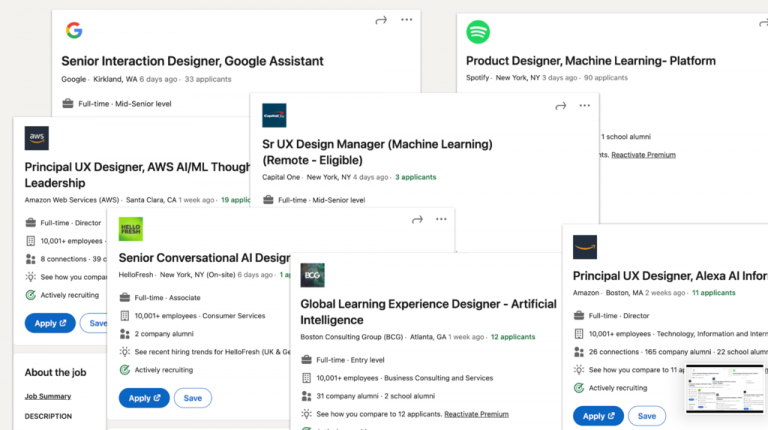
Hal Wuertz, Adam Cutler and Milena Pribic of IBM Design defined a unique set of five skills for “AI Design.”
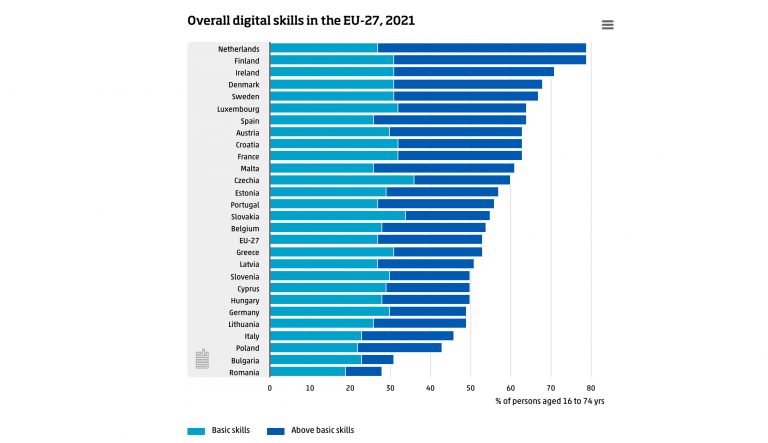
Dutch and European research highlights the struggles of Europeans (incl. the Dutch) in accessing financial services in an increasingly digital society. A new Italian initiative, the Polis Project, seeks to do something about it.
But, besides the fairly low 54 percent EU average, a new study by the Dutch National Bank (reported on yesterday by De Volkskrant, a Dutch daily newspaper) highlights how the Dutch 80% number camouflages the real difficulties many Dutch have with financial services in an increasingly digital society.

Samsung US newsroom published an interview with Federico Casalegno, Executive Vice President of Design and Head of Samsung Design Innovation Center; Mark Benson, Head of Samsung SmartThings U.S.; and Inhee Chung, Vice President of the Corporate Sustainability Center to discuss how Samsung’s philosophy of prioritizing more seamless connected experiences is driving the innovation behind its latest products.

“The challenge is that a consumer doesn’t see the true value that manufacturers see in terms of how that data can help them in the long run. So they don’t really care for spending time to just connect it.”

This book examines emerging automated technologies and systems and the increasingly prominent roles that each plays in our lives and our imagined futures.
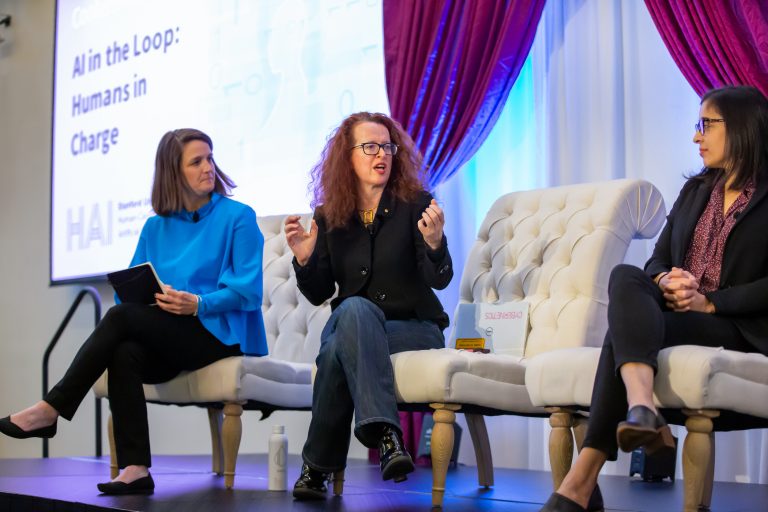
At the "AI in the Loop: Humans in Charge" conference, which took place Nov. 15 at Stanford University, panelists proposed a new definition of human-centered AI – one that emphasizes the need for systems that improve human life and challenges problematic incentives that currently drive the creation of AI tools.
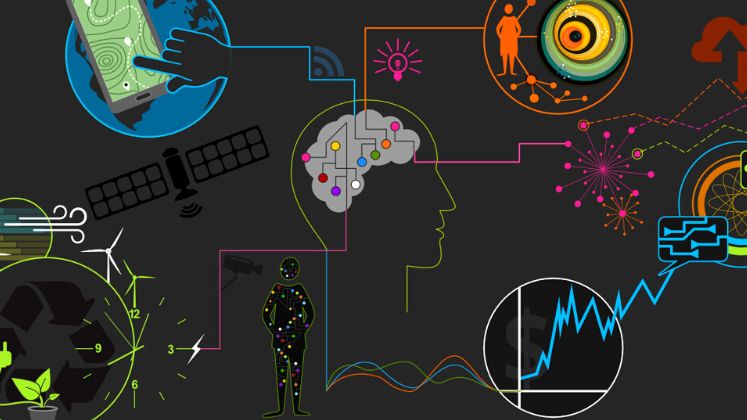
The collection and analysis of data about us now occurs across many aspects of everyday life, but how do people come to understand these complex processes? Drawing on Living With Data research, Susan Oman, Hannah Ditchfield and Helen Kennedy show that people’s understandings of data uses are based on past experiences and predictions about the future.

Data centers are destroying the natural world, writes anthropologist Steven Gonzalez Monserrate in Wired. But is the cloud an inherently unsustainable paradigm? He foresees three possible pathways for remaking the cloud into something more sustainable for future generations.

AR features in mobile apps are plagued by usability issues such as poor discoverability and findability of items with AR, low-visibility instructions, or vague icons and signifiers.
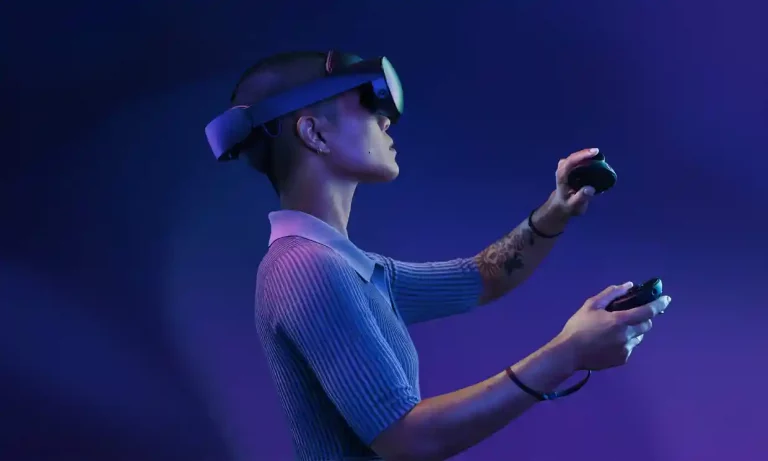
The metaverse will be a digital graveyard if we let new technologies distract us from today’s problems

Paying individual people for their health data will widen inequalities and reduce altruism, luring people to sell their privacy. Health data should instead be treated as collective property, and commercial profits should be shared with the public.

A touchless UI has an edge over devices that require touch interactions because decreasing physical contact is helpful in diverse contexts—from food-processing plants to an airport’s self-service registration kiosks.

How can freedom and democracy survive in a world of powerful digital technologies?

How we describe the metaverse makes a difference – today’s words could shape tomorrow’s reality and who benefits from it

A report by researchers at New York University warns that biometric and other digital ID systems that are increasingly linked to large-scale human rights violations, especially in the Global South.

The first book to take an interdisciplinary and international approach to understanding how our everyday lives are being affected by automated decision-making.




















